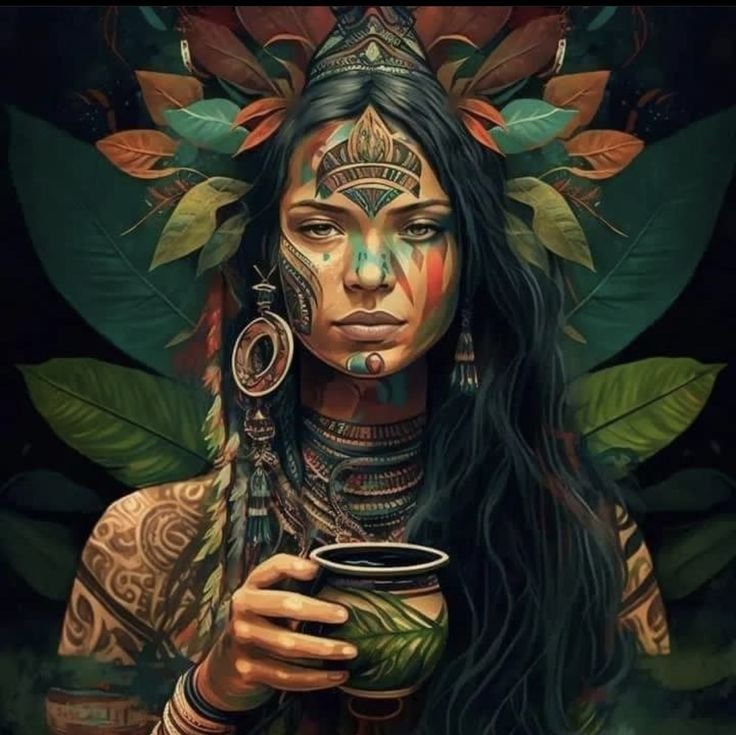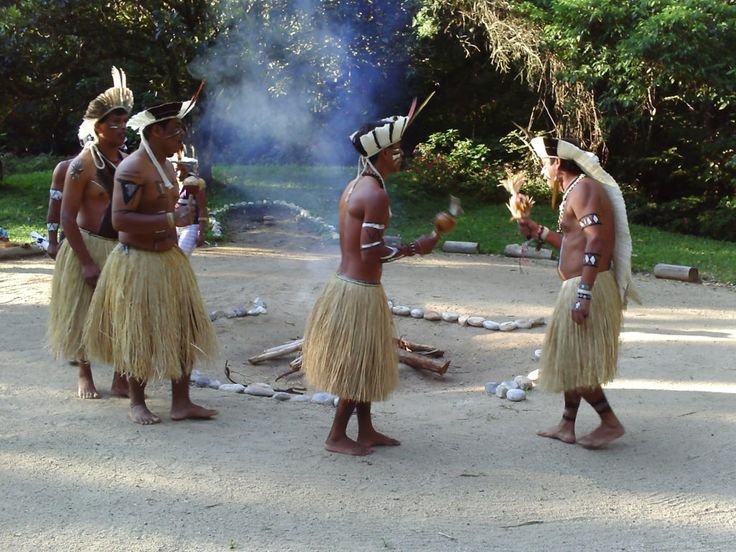Indigenous Medicine: Millenary Knowledge: Indigenous medicine is one of the richest and most fascinating legacies of indigenous cultures, standing out for its deep connection with nature and the knowledge it has accumulated over millennia. Based on the use of medicinal plants, spiritual rituals and holistic practices, this medicine goes beyond treating illnesses, promoting balance between body, mind and spirit.
The Fundamentals of Indigenous Medicine
Indigenous peoples see health as a reflection of the harmony between human beings and the environment. In this context, illness is often interpreted as an imbalance, whether physical, emotional or spiritual. Healing, therefore, involves not only the use of natural remedies, but also practices that restore this harmony.

The pillars of indigenous medicine include:
Medicinal Plants: Used to treat everything from simple wounds to more complex conditions, plants are known for their healing properties. For example, jaborandi is used for respiratory problems, while açaí and guaraná are valued for their energizing properties.
Spiritual rituals: Pajés, or shamans, lead ceremonies that include chants, prayers and the use of substances such as snuff and ayahuasca, which are considered instruments for achieving states of spiritual healing and introspection.
Oral Wisdom: Knowledge is passed down from generation to generation, through stories and teachings shared by elders and shamans.
The relationship with biodiversity
Indigenous medicine is closely linked to the preservation of the forest and its resources. For indigenous peoples, each plant has a specific purpose and energy and is treated with respect and gratitude. This sustainable relationship contrasts with modern practices that often exploit nature in a predatory way.
Contributions to modern medicine
Indigenous Medicine: Millenary Knowledge : Many remedies and treatments in conventional medicine have their origins in indigenous knowledge. Examples include the use of curare, a poison traditionally used in hunting, which gave rise to modern anesthetics, and quinine, extracted from the cinchona tree, used to treat malaria.
Scientific studies continue to explore the vast repertoire of indigenous medicinal plants, recognizing the value of traditional knowledge.

The Challenge of Preservation
Despite its importance, indigenous medicine faces challenges such as loss of territory, lack of cultural recognition and the influence of external practices. It is essential to value and protect this knowledge, ensuring that future generations have access to this ancestral wealth.
An Integrated Health Model
More than a healing system, indigenous medicine represents a way of living in balance with nature. By learning from this knowledge, we can rethink our relationship with the environment and adopt more sustainable and holistic care practices.
Indigenous medicine is an intangible heritage of immense value, combining science, spirituality and respect for biodiversity. Recognizing and preserving this knowledge is not only a matter of justice, but also an opportunity to build a healthier and more sustainable future.






